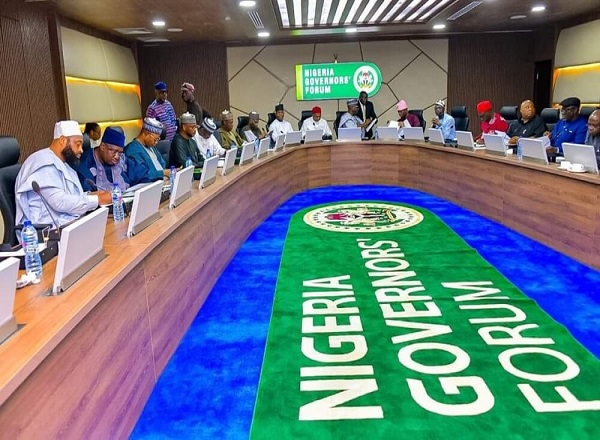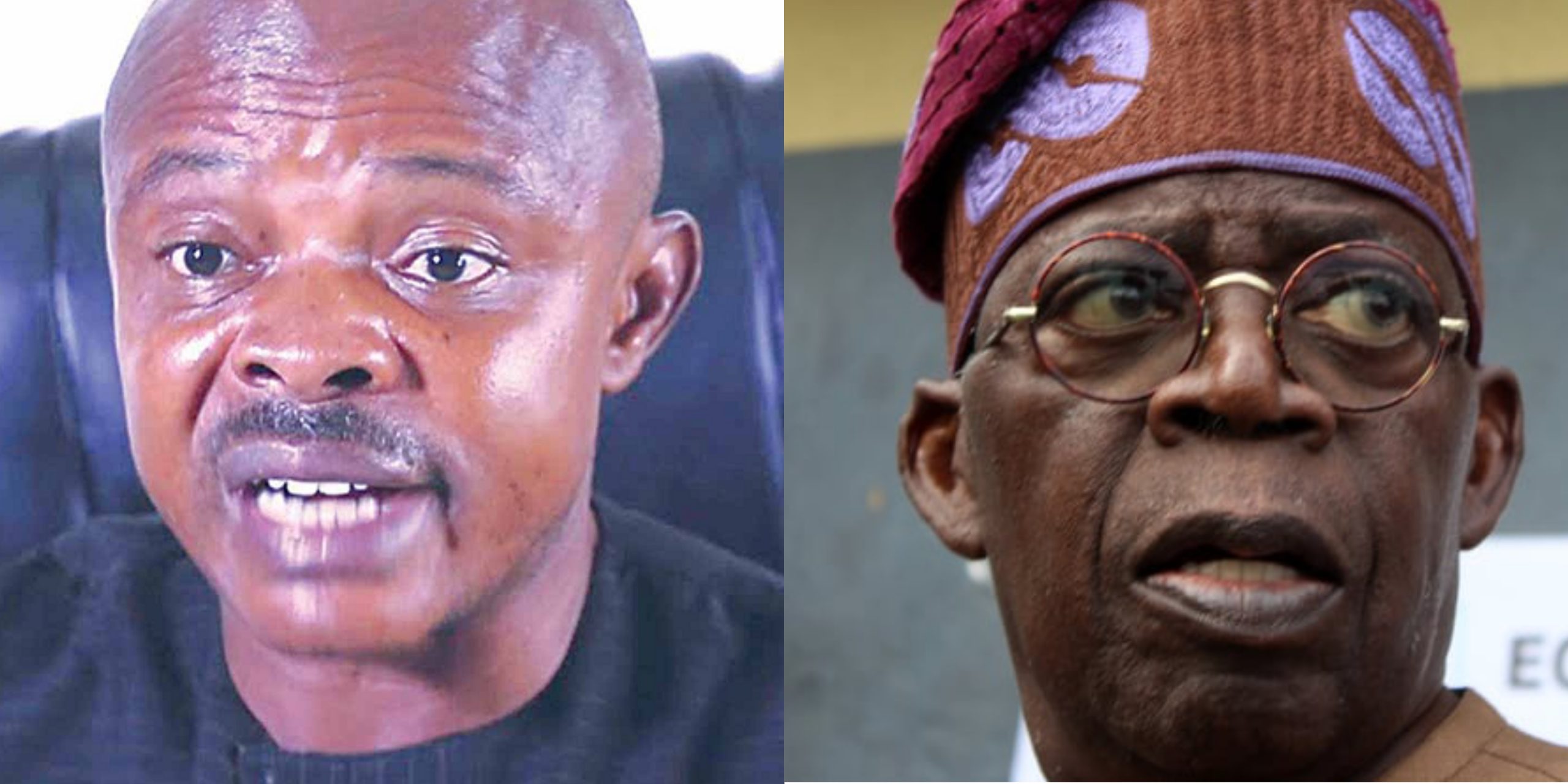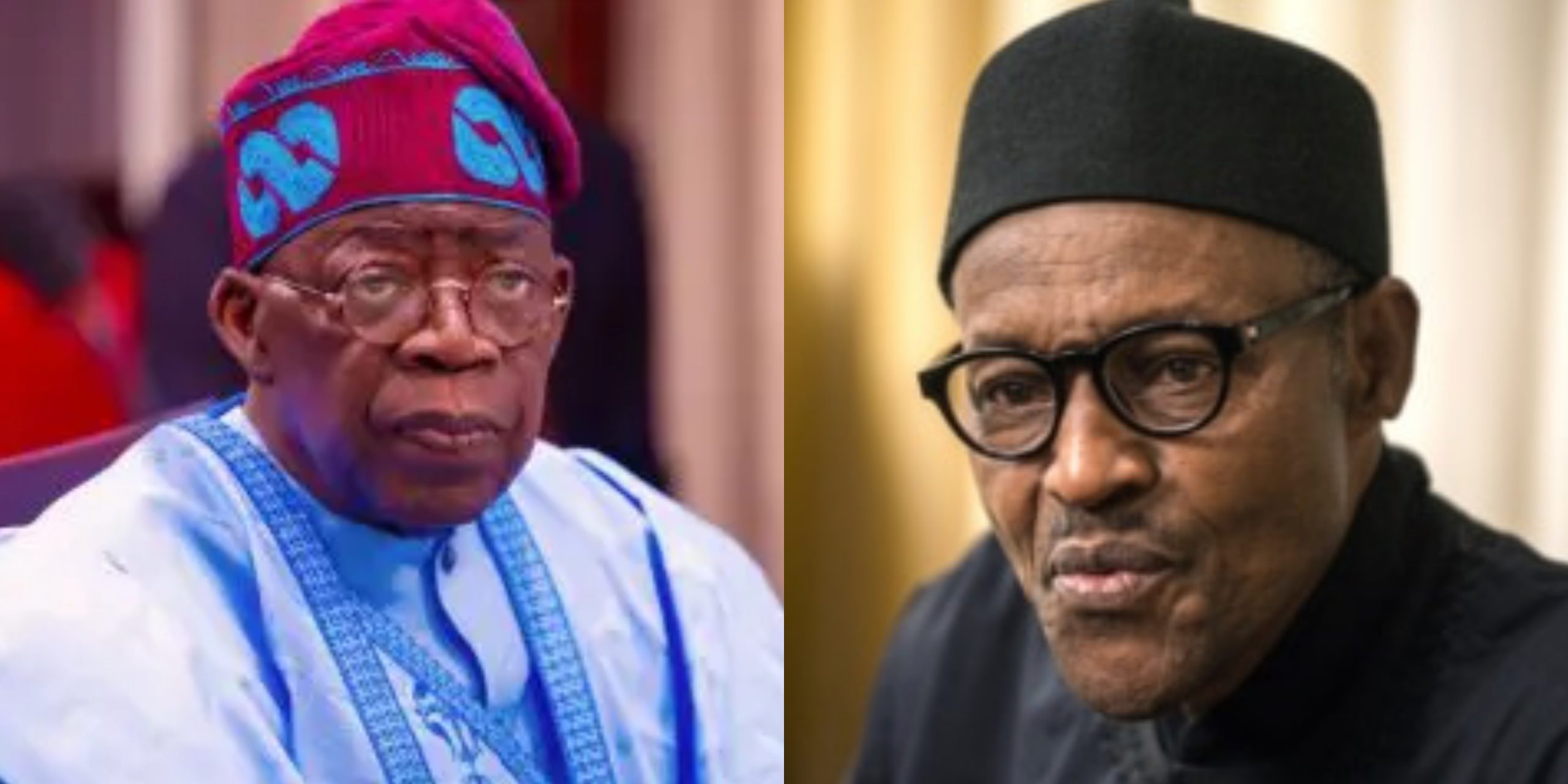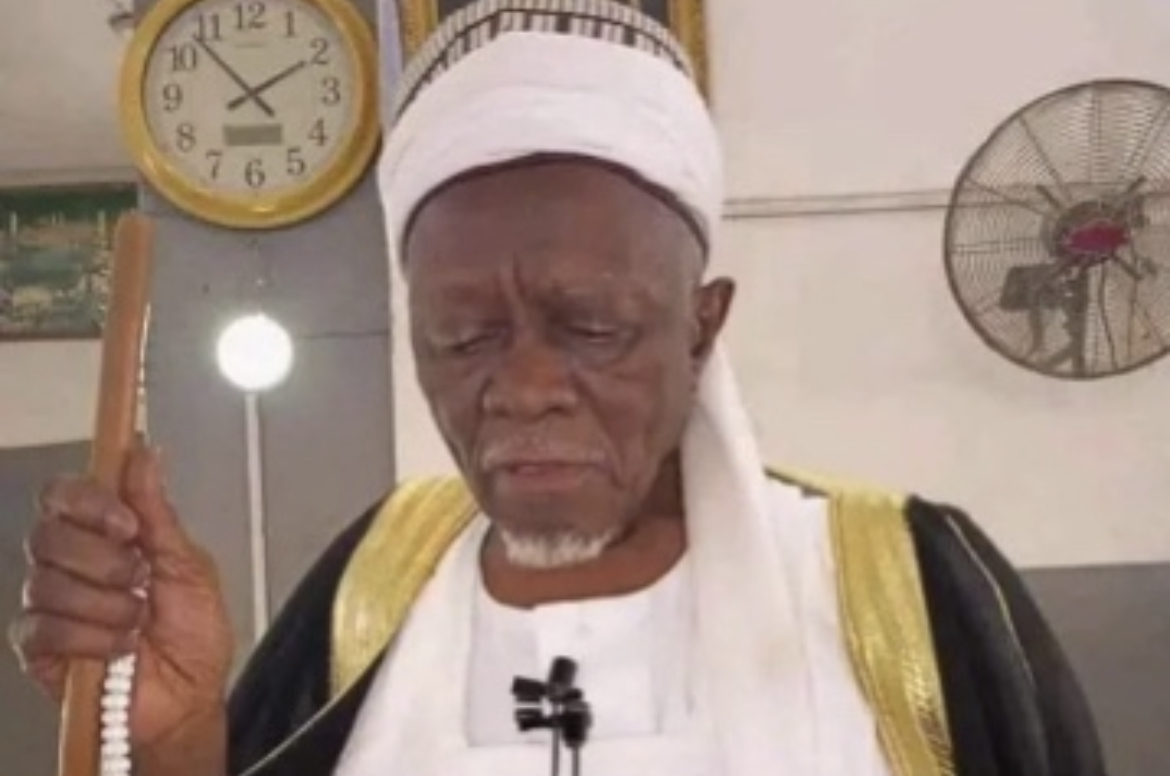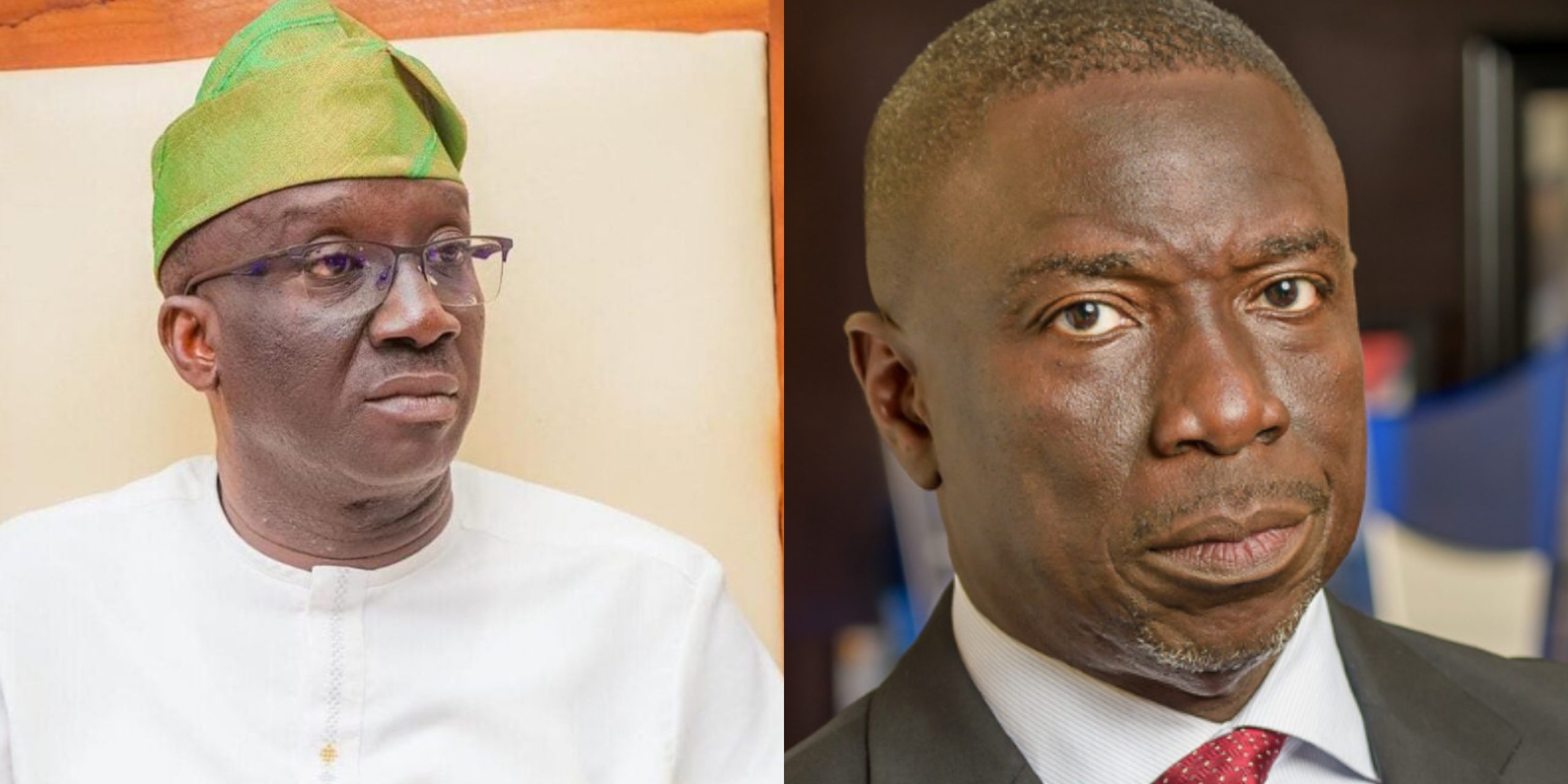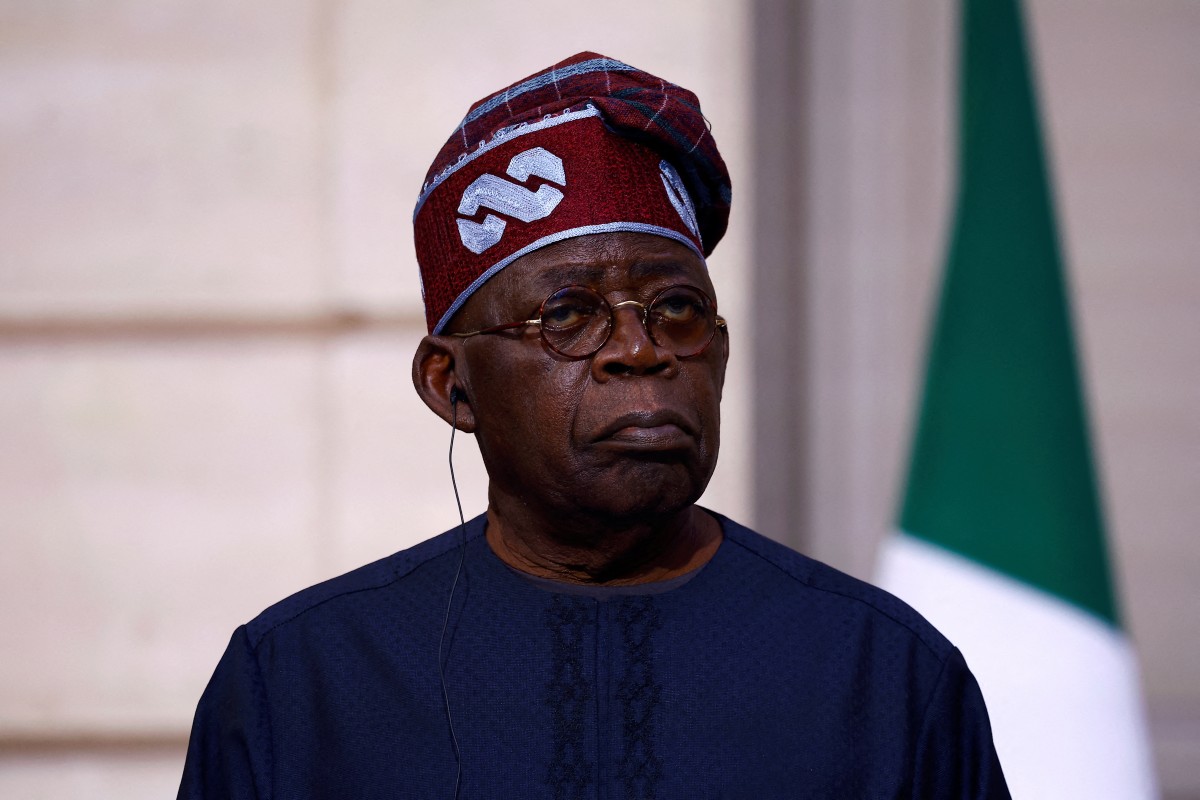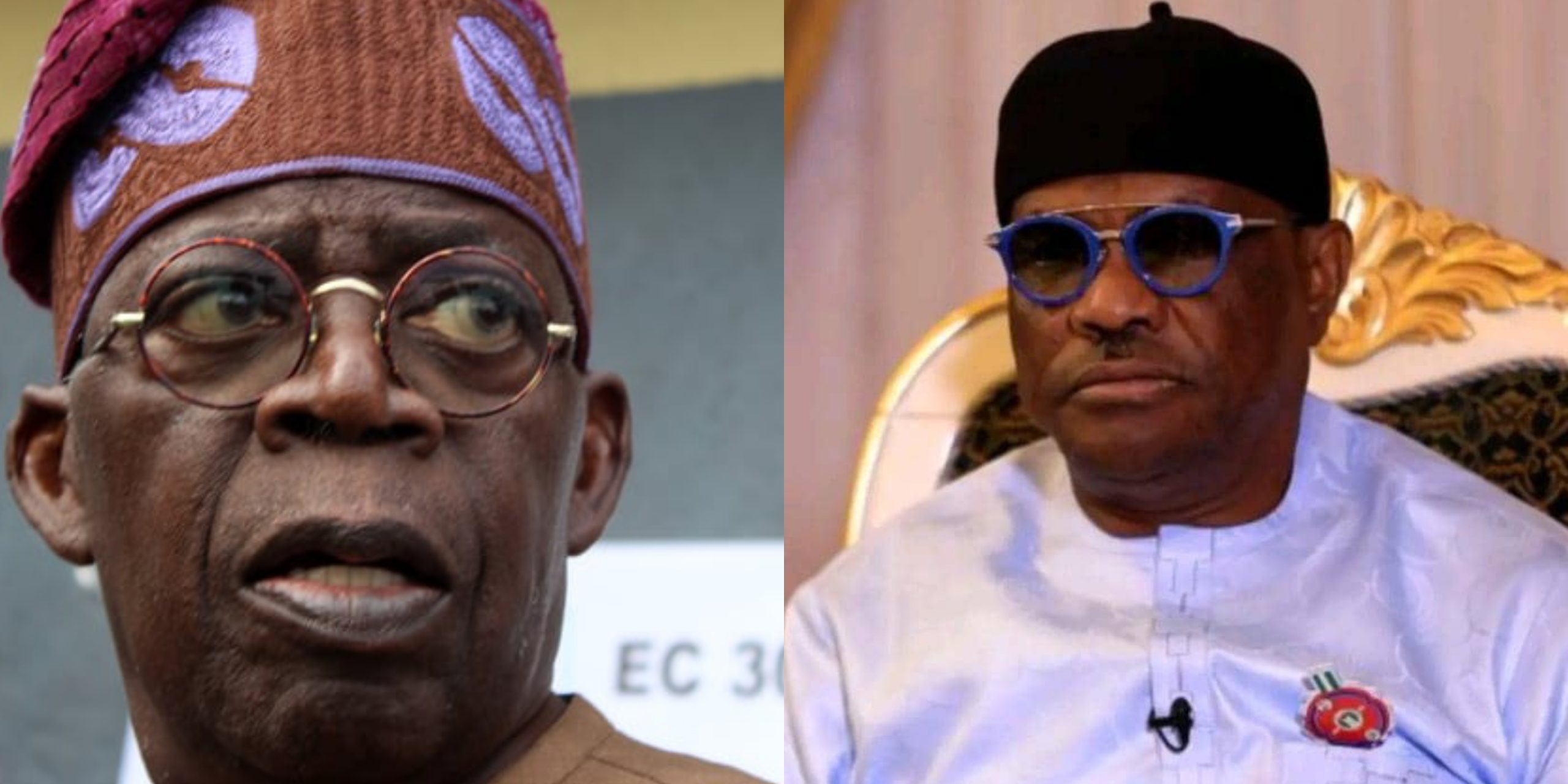From July, the Federal Government will halt the allocation of local government funds to 20 states.
This is in adherence to the landmark ruling on the local government autonomy suit by the Supreme Court on Thursday.
The Attorney General of the Federation, Lateef Fagbemi, represented the Nigerian Government in this case.
The court’s ruling barred the Federal Government from distributing allocations to local governments led by officials who were appointed rather than elected.
Justice Emmanuel Agim, who presided over the case, directed that local government funds should no longer be paid through state governments, stating that governors have misused this process.
He pointed out that governors have been retaining and utilizing these funds improperly, which negatively affects the local government councils.
Consequently, the 20 states that lack elected local government chairmen will be barred from receiving local government funds starting in July until they hold elections.
The affected states are Jigawa, Rivers, Anambra, Imo, Kwara, Zamfara, Bauchi, Plateau, Abia, Enugu, Katsina, Kano, Sokoto, Yobe, Ondo, Osun, Delta, Akwa-Ibom, Cross River, Benue.
The 36 states and the FCT received N293.82bn from the federal government on behalf of the 774 local government areas in the country for the month of July.
Meanwhile, Anambra State Governor, Charles Soludo, has revealed that state governors will meet on Thursday night to review the judgment of the Supreme Court that granted financial autonomy to local government.
Soludo, who spoke to State House correspondents after meeting with President Bola Tinubu, said even though he had not seen the judgement, it was “great”.
He said, “That’s great. I mean, the Supreme Court is the final authority and I am a democrat. I believe in the rule of law. And once the Supreme Court has spoken, it has spoken. Tonight, I think the Governors Forum is meeting to review this.”
The governor said there was a need for resources to get down to the grassroots, adding that public funds must work for the people at all levels of government.
“We need to promote accountability. We need to promote transparency in the utilization of public resources at all levels, to be able to lift the burden of the common man,” he said.

